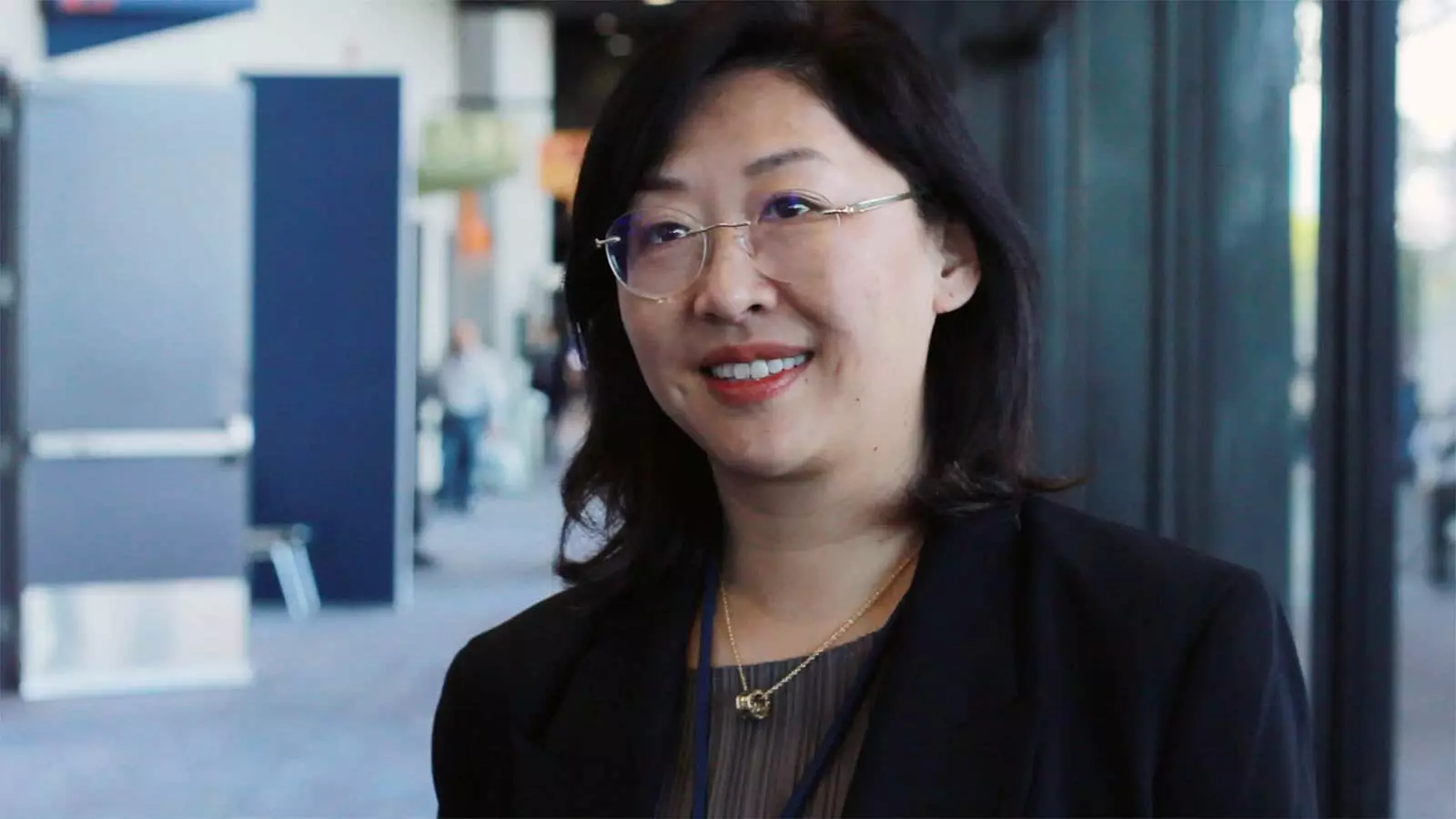Recent advancements in cancer research have sought to unravel the complexities surrounding triple-negative breast cancer (TNBC), a particularly aggressive subtype with few treatment options. At the American Society of Clinical Oncology’s annual meeting, a significant study was presented that examined the tumor immune microenvironments associated with TNBC. This research aims to determine how these immune profiles could impact the effectiveness of emerging therapeutic strategies, specifically checkpoint inhibitors. The work led by Dr. Yuan Yuan, an expert in breast oncology from Cedars-Sinai Cancer Center, provides a compelling insight into how the immune landscape varies depending on the tumor’s metastatic sites.
The study involved a collaboration with Tempus Genomics, encompassing genomic profiling from over 1,000 patients diagnosed with TNBC who went through standard genomic sequencing processes. The examination focused on various metastatic locations, including the liver, lymph nodes, lungs, and bones. The findings highlighted a crucial observation: the type of metastasis could significantly influence the tumor microenvironment and, consequently, patient prognosis. Historically, patients with liver metastases tend to fare worse, and this study endeavored to clarify the immunological underpinnings of such differences.
Notably, the research illustrated that liver metastases were characterized as “immune-cold,” revealing a higher presence of macrophage cells and a marked reduction in other immune cell types like B cells and CD4/CD8 T cells. This understanding is vital, as it suggests that the effectiveness of immunotherapy could be contingent on the immune characteristics of the metastatic site—an area that remains inadequately understood in clinical practice.
Another significant dimension of the study included a focus on racial disparities, particularly within the African American patient population. With over 200 patients represented, Dr. Yuan observed intriguing differences in immune cell populations compared to their white counterparts. These findings raise critical questions about how racial and ethnic disparities may influence cancer biology and the effectiveness of therapies. The acknowledgment of these differences is essential for tailoring personalized treatment approaches—particularly as the field of oncology increasingly recognizes the importance of genetic and environmental factors.
Dr. Yuan’s research offers valuable insights that warrant further exploration. Plans to delve deeper into these findings using Cedars-Sinai’s retrospective dataset speak to the evolving landscape of cancer genomics. As scientists continue to explore the nuances of the immune response in TNBC, this work may pave the way for improved therapeutic strategies that enhance the efficacy of immunotherapeutic agents, potentially transforming the treatment landscape for patients grappling with this challenging diagnosis.
The intricate interplay between tumor microenvironments and immune responses reveals far-reaching implications for the future of cancer treatment. Continued research in this domain is critical to overcoming the challenges presented by TNBC and developing effective interventions that cater to diverse patient populations.


Leave a Reply